The House of Lords Select Committee have called for evidence on a National Plan for Sport and Recreation.
The Committee are considering the effectiveness of current sport and recreation policies and initiatives, how people can be encouraged to lead more active lifestyles and the case for a national plan for sport and recreation. They are keen to receive written evidence from experts with an interest, experience or expertise in sport and recreation policy and practice.
The Committee is taking a broad view of ‘sport and recreation’ and is interested in hearing about all activities that support an active lifestyle. It hopes to learn about success stories and opportunities, challenges, and how things could be improved going forward.
The Committee would particularly like to hear from experts:
- with experience of motivation through and the benefits of technology in regard to physical activity (e.g. wearables, apps etc)
- who can provide thoughts/experience in regard to comparable international models/policies
- with expertise on data collection of physical activity, its use and reliability
- on encouraging under represented groups and children to lead more active lifestyles
- on how racism, homophobia, transphobia, misogyny and ableism in sport be tackled
- on the opportunities and challenges facing elite sports in the UK and what can be done to make national sports governing bodies more accountable
The deadline is Friday 29th January.
Information about the inquiry and all the questions which the Committee would like to learn more about can be found on the inquiry webpage.
Colleagues intending to submit written evidence to this inquiry must engage with the BU policy team (policy@bournemouth.ac.uk) and share a draft prior to submitting evidence.
Colleagues who haven’t previously submitted to a select committee or would like support are encouraged to get in touch. We can advise, provide a template and guidance on how to write your submission.
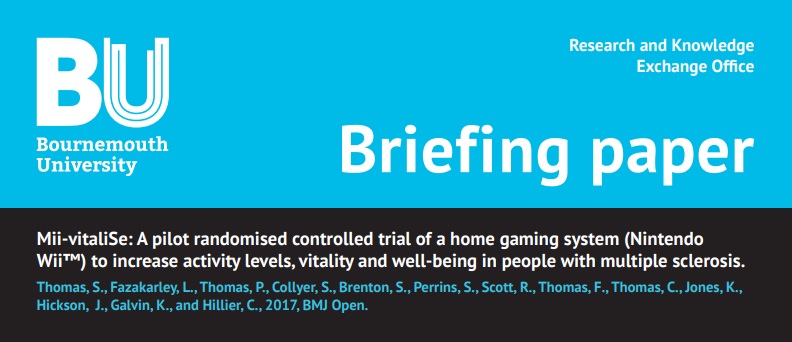 Our
Our 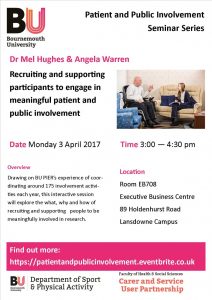
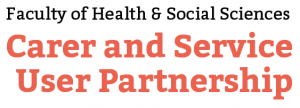
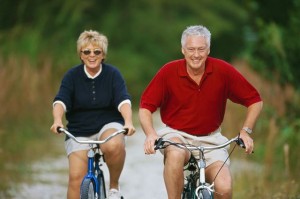 We are often reminded that we should be paying attention to what we eat and making sure we exercise regularly. These recommendations are based on years of research into how diet and exercise can impact our health and well-being throughout the lifespan. However, it’s rare that these two crucial elements are studied together.
We are often reminded that we should be paying attention to what we eat and making sure we exercise regularly. These recommendations are based on years of research into how diet and exercise can impact our health and well-being throughout the lifespan. However, it’s rare that these two crucial elements are studied together.
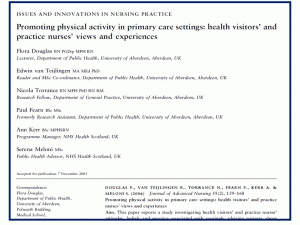
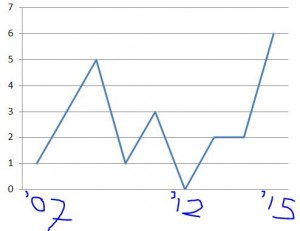











 BU Leads AI-Driven Work Package in EU Horizon SUSHEAS Project
BU Leads AI-Driven Work Package in EU Horizon SUSHEAS Project Evidence Synthesis Centre open at Kathmandu University
Evidence Synthesis Centre open at Kathmandu University Expand Your Impact: Collaboration and Networking Workshops for Researchers
Expand Your Impact: Collaboration and Networking Workshops for Researchers Visiting Prof. Sujan Marahatta presenting at BU
Visiting Prof. Sujan Marahatta presenting at BU 3C Event: Research Culture, Community & Can you Guess Who? Thursday 26 March 1-2pm
3C Event: Research Culture, Community & Can you Guess Who? Thursday 26 March 1-2pm ECR Funding Open Call: Research Culture & Community Grant – Apply now
ECR Funding Open Call: Research Culture & Community Grant – Apply now ECR Funding Open Call: Research Culture & Community Grant – Application Deadline Friday 12 December
ECR Funding Open Call: Research Culture & Community Grant – Application Deadline Friday 12 December MSCA Postdoctoral Fellowships 2025 Call
MSCA Postdoctoral Fellowships 2025 Call ERC Advanced Grant 2025 Webinar
ERC Advanced Grant 2025 Webinar Update on UKRO services
Update on UKRO services European research project exploring use of ‘virtual twins’ to better manage metabolic associated fatty liver disease
European research project exploring use of ‘virtual twins’ to better manage metabolic associated fatty liver disease